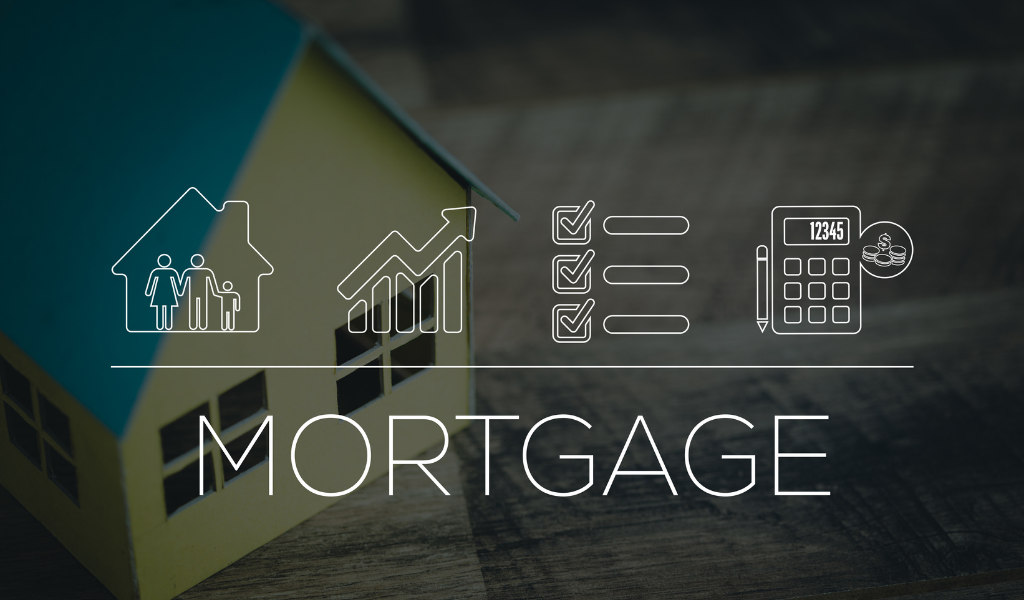Most property investors finance their portfolio with interest only mortgages. This seems risky to novice investors, but it’s really not. In this article, I explain the difference between interest only and capital repayment mortgages. I also explain why interest only is best for property investors.
Interest only vs capital repayment? This really is basic knowledge for property investors. So if you’re unsure, then you must read on! Don’t buy a property until you have this knowledge!
If you don’t know what a buy to let mortgage is, then read this article 1st.
If you’re new to this site, it’s great to have you here! Don’t forget to sign up to my email list and follow me on Twitter.
Do you have a property to sell? Then contact me here. If you want to book a call with me, then go to this page. 1st session is 100% free.
Interest only mortgages are simple. Every month, you only pay the interest. At the end of the loan period, you need to pay back the entire loan amount. Check out the example below
- Property value of £200,000
- Interest only mortgage of £100,000
- Interest rate of 6%
- Every year you pay £6,000 in interest
- Your monthly interest payment is £500
- At the end of your mortgage term, you need to pay back £100,000
The normal mortgage term is 25 years. At the end of term, you can either get a new mortgage or sell the property. You’ll use that money to pay back £100,000.
The interest you pay every month is a business expense, and can be used to reduce your taxable profits. The calculation for deducting interest costs for tax is complicated, due to Section 24 – full details in this article. I also wrote an article that summarises all of the taxes that buy to let investors have to pay.
Interest only mortgages are used by the vast majority of property investors. This is because it increases the monthly cash flow that the investor has. Cash flow is king, as I explain below.
Capital repayment mortgages are similar to interest only. In an interest only mortgage, you repay the loan amount at the end of the mortgage term. With a capital repayment mortgage, you repay the loan amount every month, little by little.
Capital repayment is the market standard for residential mortgages, i.e. where you live in the property you own.
At first glance, interest only mortgages seem risker than capital repayment. After all, you have a big sum of money to repay at the end. How will you pay it off?
In reality, interest only mortgages are far safer, for the following reasons:
- Your property is a revenue generating asset
- Inflation is your friend
I’ll explain in more detail.
You property is a revenue generating asset
For investors, the property is a revenue generating asset. The revenue you generate from rent, should be a lot higher than your mortgage interest. If it’s not, then you’ve got bigger problems. So in theory, you can hold your property forever and always be able to repay the mortgage interest. Also, you can sell your property at any time, and repay the loan principal (£100,000 in the previous example).
So for property investors, interest only shouldn’t be risky.
This is very different to residential properties. When you’re an owner occupier, your property isn’t generating any revenue. You have to repay the mortgage from other sources. Also, you can’t sell the property at any time, as you’d make yourself homeless.
Inflation is your friend
With inflation, the value of your property and rental income are expected to increase over time. However, your mortgage loan won’t increase. This is very powerful. Let me explain with some figures.
Let’s assume the value of your property increases by 2% every year. Historically, house price inflation has been higher – but we’ll stick to 2%. In the previous example, the property was purchased for £200,000 and we took a loan of £100,000.
If the property price increases by 2% every year, after 25 years it will be worth £328,121. However, the loan amount is still only £100,000. So your loan amount should be easily affordable. Either you sell your property, or take out a new mortgage.
Overpaying your mortgage is when you pay in excess of your monthly mortgage repayment. The overpayment to your mortgage will result in a smaller loan to repay after 25 years.
So, should you overpay your mortgage? I don’t have a definitive answer for this - it depends on your circumstances. I can tell you how I make my decisions.
If I have £10,000 to invest, and my mortgage interest is 6%, should I overpay the mortgage? If I can get more than 6% return by investing elsewhere, then I’ll do that. If I can’t, then I’ll overpay my mortgage. This logic is pretty simple, right?!
There are other factors you might want to consider. If you expect your income to fall in the future, then you may choose to overpay your mortgage now. Also, when people get older they often choose to overpay their mortgage. They might want to leave a mortgage free property to their children.
The decision to overpay your mortgage is heavily dependent on your personal risk tolerance.
Interest only vs capital repayment is an issue that vexes many newbies. I hope that I’ve solved this issue for you!
Nearly all property investors use interest only mortgages. There’s good reason for this. It increases cash flow, and is far safer for your property business. In this article, I’ve explained the reasons for this in detail.
If you liked this article, you can view my other UK property articles here. Some interesting ones include








???? Email- SENDING 1,285115 BTC. Get =>> https://graph.org/Message--8529-03-25?hs=ccf023ea7a77a93376280635dded9f8b& ????
mfwtts